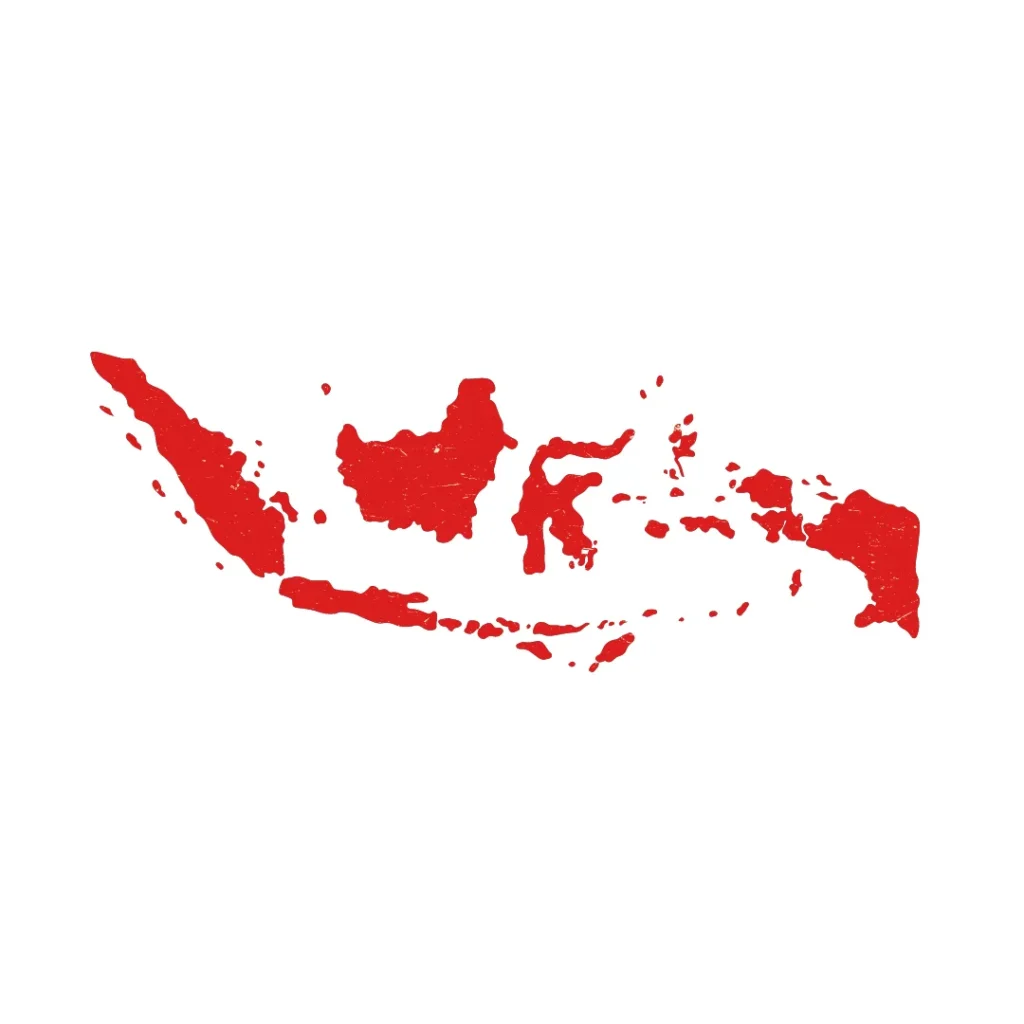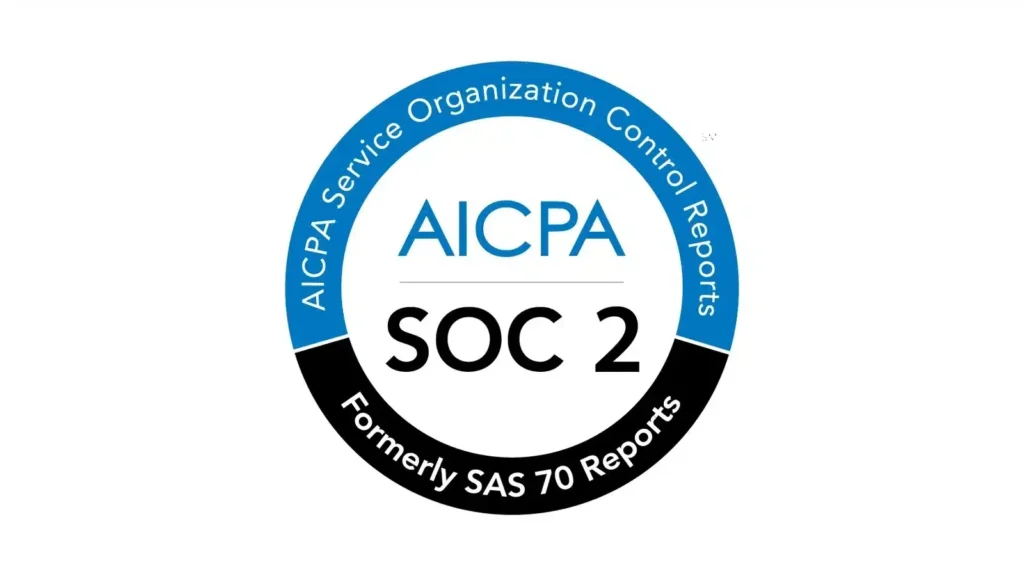-
Solutions
Discover Talent
Access top-tier candidates worldwide with our Global Talent Acquisition and recruitment services.
Employer of Record
Onboard top talent quickly and compliantly with our Employer of Record service.
Manage Employment
Adopt a human-centric approach to employee management, ensuring compliance.
Jump to:
Indonesia Facts and Stats
Currency
Indonesian Rupiah is the official currency of Indonesia. Its currency symbol is Rp, IDR.
Employer Costs
Estimated at 10% – 11% of employee’s salary
Onboarding
Emerald Technology can onboard employees within 2-3 days.
Languages
Bahasa Indonesia is the official and national language of Indonesia. Although Bahasa Indonesia is the official language, there are over 700 regional languages spoken. Many Indonesians are bilingual or trilingual, speaking the national language, their local language and English.
Population
The population of Indonesia is 281.19 million (based on World Bank numbers as of 2023).
Payroll frequency
The payroll frequency in Indonesia is generally monthly.
Hiring
Grow your team in Indonesia
No entity, no problem
To start growing your team in Indonesia, you must establish a local entity- including an account with a local bank, a local office and an address registered as a subsidiary.
This allows you to manage payroll, tax, benefits and compliance for your employees, but can take several months.
Emerald can hire and payroll your workers, quickly and compliantly with their ready to go entity. Make growing your team simple with Emerald as a global partner.
Emerald can hire and payroll your workers, quickly and compliantly with their ready to go entity. Make growing your team simple with Emerald as a global partner.
Pros & Cons of hiring in Indonesia
Indonesia is known as Southeast Asia’s largest digital economy, resulting in rapid growth in sectors such as software development. There is a focus on improving the hiring environment with the introduction of the Omnibus Law (2020), with a large, young and growing workforce.
However, conducting business in Indonesia poses some challenges, including language barriers and a lack of skilled workers. Regional variations require local knowledge and due to political and regulatory shifts it is important to stay updated on practices that will affect businesses and their employees.
Why Indonesia is good for remote workers
Remote work is growing in Indonesia, especially in Technology.This is more common in urban areas in Indonesia due to having better infrastructure for remote work. When hiring under a full-time employment contract, remote work employees are still entitled to full labour rights under Indonesian law.
Compliance issues as well as tax implications can occur when foreigners are working remotely in Indonesia, so it is important to ensure the correct visa for the type of contract the employee is hired with.
Start growing your remote workforce now
Employer Costs
| Health Insurance: | 4% |
| Work Accident Insurance (JKK) | 0.24% - 1.74% |
| Old Age Pension (JHT) | 3.7% |
| Death Insurance (JKM) | 0.3% |
| Pension Insurance (JP) | 2% |
Benefits
Mandatory Benefits
Maternity and Paternity Pay
Holiday / Annual Leave
Statutory Sick Pay
THR ( Religious Holiday Allowance
BPJS Health Insurance
Additional Benefits
Some employers like to offer additional benefits to improve employee retention and satisfaction.
Private Healthcare.
Training
Employment
Contract
Contracts in Indonesia must include:
In Indonesia, you can hire an employer under a fixed-term and indefinite-term contract.
Fixed-term Employment Contract: Under the fixed-term contract, employees are hired for a specific period. The maximum period is five years, and a probation period is strictly prohibited under Indonesian law. The fixed-term contract should be in both Indonesian and English, as stated by the new legislation related to the use of the Indonesian language in contracts.
Indefinite-term Employment Contract: An indefinite-term employment contract provides a probation period for up to three months and, after the probation period, the employer must issue a letter to permanently appoint to employee.
Contracts in Indonesia must be in writing in both local language and English. The contract must include: KTP (Personal ID), NPWP (Tax ID), KK (Kartu Keluarga/Family Card), BPJS Ketengakerjaan and Kesehatan Photo, Latest CV, Bachelor’s Degree Certificate, Local IDR bank account booklet/statement, Reference Letter.
Probation
Newly hired employees are placed on a probation period of no longer than three months, and employees must not be paid less than the minimum wage.
Emerald Technology can onboard employees in Indonesia within 48 hours.
Insurance
01.
Healthcare:
Employers are required to contribute 4% of employees’ salary to the Heath Care programme, with employees contributing 1%. For these contributions, salary is capped at IDR 12M per month.
02.
Social Security:
By law, employees in Indonesia should be registered for Social Insurance.
Employer portion:
- Work Accident Insurance (JKK): 0.3% of the employee’s salary
- Death Insurance (JKM): 0.24% of the employee’s salary
- Old Age Security (JHT): 3.7% of the employee’s salary
- Pension (JP): 2% of the employee’s salary (with a maximum limit of 10,042,300)
Employee portion (deducted from the employee’s salary):
- JHT: 2%
JP: 1% (with a maximum salary limit of 10,042,300)
Leave Policy
01.
Maternity Leave:
Before childbirth – Entitlement: 1.5 months, fully paid leave
After childbirth – Entitlement: 1.5 months, fully paid leave
Miscarriage of pregnancy – Entitlement: 1.5 months, fully paid leave
02.
Paternity Leave:
Male employees are entitled to 2 days paid paternity leave in the event of childbirth or miscarriage.
03.
Sickness Leave:
Employees are entitled to sick leave with a doctor’s note. There are no specific number of days. However, their pay decreases based on the number of days as shown below:
- First four months: Fully paid leave (100%)
- Second four months: 75%
- Third four months: 50%
- Following four months: 25%
Sick pay is covered by the employer, not the government.
04.
Marriage Leave
3 days, fully paid leave
05.
Employee's Child Marriage Leave
2 days, fully paid leave
06.
Child’s baptism
2 days, fully paid leave
07.
Death of spouse, child(ren), parent(s)
2 days, fully paid leave
08.
Death of family members in same household
1 day, fully paid leave
Onboarding
Onboarding
As the legal employer, Emerald Technology requires the following employee documents to ensure complete compliance:
NPWP Tax ID Card ID/Passport KTP Family Card (Kartu Keluarga) Copy of Bank Booklet/Bank Statement
Emerald Technology can onboard employees in Indonesia within 48 hours.
Termination
Resignation and Dismissal
When an employer dismisses an employee it must be with just cause and they must give them notice. The notice period starts from the day after the employer notifies the employee of the termination. Notice must be given in accordance with the following schedule at a minimum:
| Resignation and Dismissal | By law, the minimum notice period for terminating an indefinite employment contract in Indonesia is 30 days.
An employer can unilaterally dismiss an employee during their probation period or on the basis of disciplinary dismissal, performance, bankruptcy, acquisition or mergers, or inability to work on medical grounds. Outside of this, a valid reason is required to dismiss an employee. The most common reasons are below:
Employee is incarcerated |
Severance
If an employee is made redundant, they are entitled to a payment based on years of continuous service.
| Severance: | Severance payments are given by employers to terminated employees in Indonesia. The amount is based on the length of service and reason for termination; and is at least one month’s salary for each year of service. Severance pay is usually given in a lump sum and is required by law in certain situations, such as termination without a valid reason or notice period. |
Time off
Statutory Time off
Employees are entitled to a statutory minimum of 12 calendar days, fully paid leave per annum. Annual leave can be applied after working for 12 continuous months and can be carried over for six months from when it was accumulated
Public Holidays
There are 17 national public holidays.
-
- New Year’s Day
- Prophet’s Ascension
- Chinese New Year
- Chinese New Year for Confucianism
- Mawlid
- Labour Day
- Eid Al-Fitri
- Christmas
- Nyepi (Hindus)
- Independence Day
- Pancasila Day
- Islamic New Year
- Idul Fitri
- Vesak
- Eid al-Adha
- Ascension Day
- Good Friday
Emerald Technology can onboard employees in Indonesia within 48 hours.
Salary / Taxes
Work, Pay and Taxes
01.
Minimum Wage:
According to Indonesian law, there is no single national minimum wage amount, the minimum wage rates vary across provinces and cities
02.
Working Time and Overtime:
The regular working hours in Indonesia are 40 hours per week, either seven hours a day for six working days per week or eight hours a day for five working days a week.
Employers must provide overtime pay if work hours exceed seven hours in six working days or eight hours in five working days; and if employers require employees to work on weekend or public holidays.
Overtime working hours should not exceed four hours per day and 18 hours per week.
Overtime on weekdays: 1.5x the hourly wage for the first hour or 2x for the following hours
Overtime on weekly holidays/public holidays: Companies with five working days must pay 2x for the first eight hours, 3x for the ninth hour and 4x for the tenth hour. Companies with six working days must pay 2x for the first seven hours, 3x for the eighth hour and 4x for the following hours.
03.
Salary Payments:
Salaries are typically paid on a monthly basis, usually at the end of the month. Salaries must always be paid in IDR.
04.
Bonuses in Indonesia:
There is a statutory requirement to pay employees a 13th month pay/Contractual bonus which is known as Tunjangan Hari Raya (THR) or Religious Holiday Allowance. It applies to all employees who have worked for at least one month.
It is paid based on the employee’s religion and is paid 1 month prior to the holiday festival.
05.
Income Tax:
The individual income tax ranges from 5% – 30%.
- IDR 50M: 5%
- IDR 50M – ISE 250M: 15%
- IDR 250M – IDR 500M: 25%
- IDR 500M: 30%

Worker misclassification in Indonesia
Similar to other countries, Indonesia has strict rules on classifying individual contractors and full-time employees differently. Misclassifying your workers can put your business at risk of fines.
Enquire about our global hiring solutions
Start a conversation on how we can assist you to grow your remote team.
